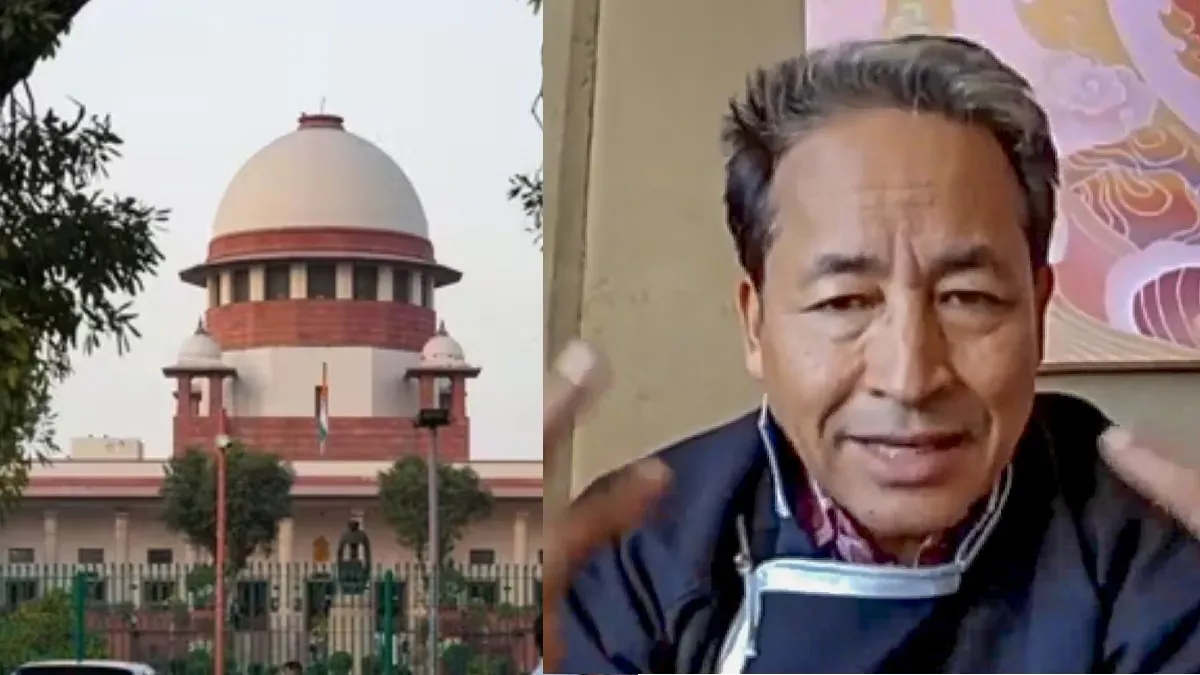SC Adjourns Plea Against Sonam Wangchuk’s NSA Detention to Dec 8
Related Articles
Supreme Court Dismisses Petition Seeking to Stop Babri Masjid Replica Construction in West Bengal’s Murshidabad
The Supreme Court of India has rejected a petition aimed at halting the construction of a mosque named after Babri Masjid in Murshidabad. The...
Assam: Massive Fire at CSIR-North East Institute Warehouse in Jorhat
A massive fire erupted at the central warehouse of the CSIR-North East Institute of Science and Technology (NEIST) in Jorhat, Assam, late Thursday night....
Communal Unrest Erupts in Madhya Pradesh, Karnataka, and Andhra Pradesh; Curfew Imposed
Communal tensions escalated across three states in India on Thursday during various religious events. Jabalpur in Madhya Pradesh saw significant unrest due to alleged...


